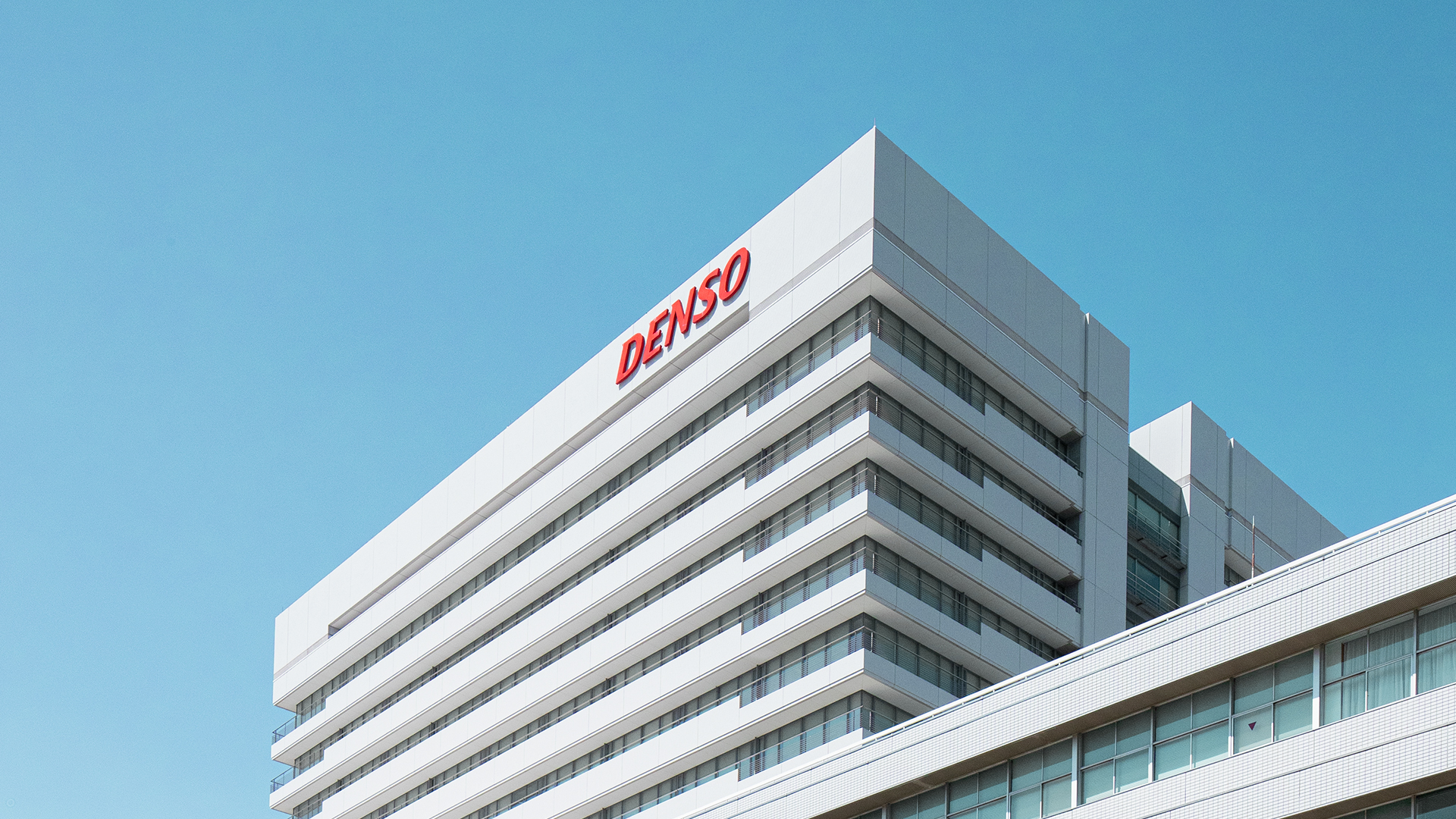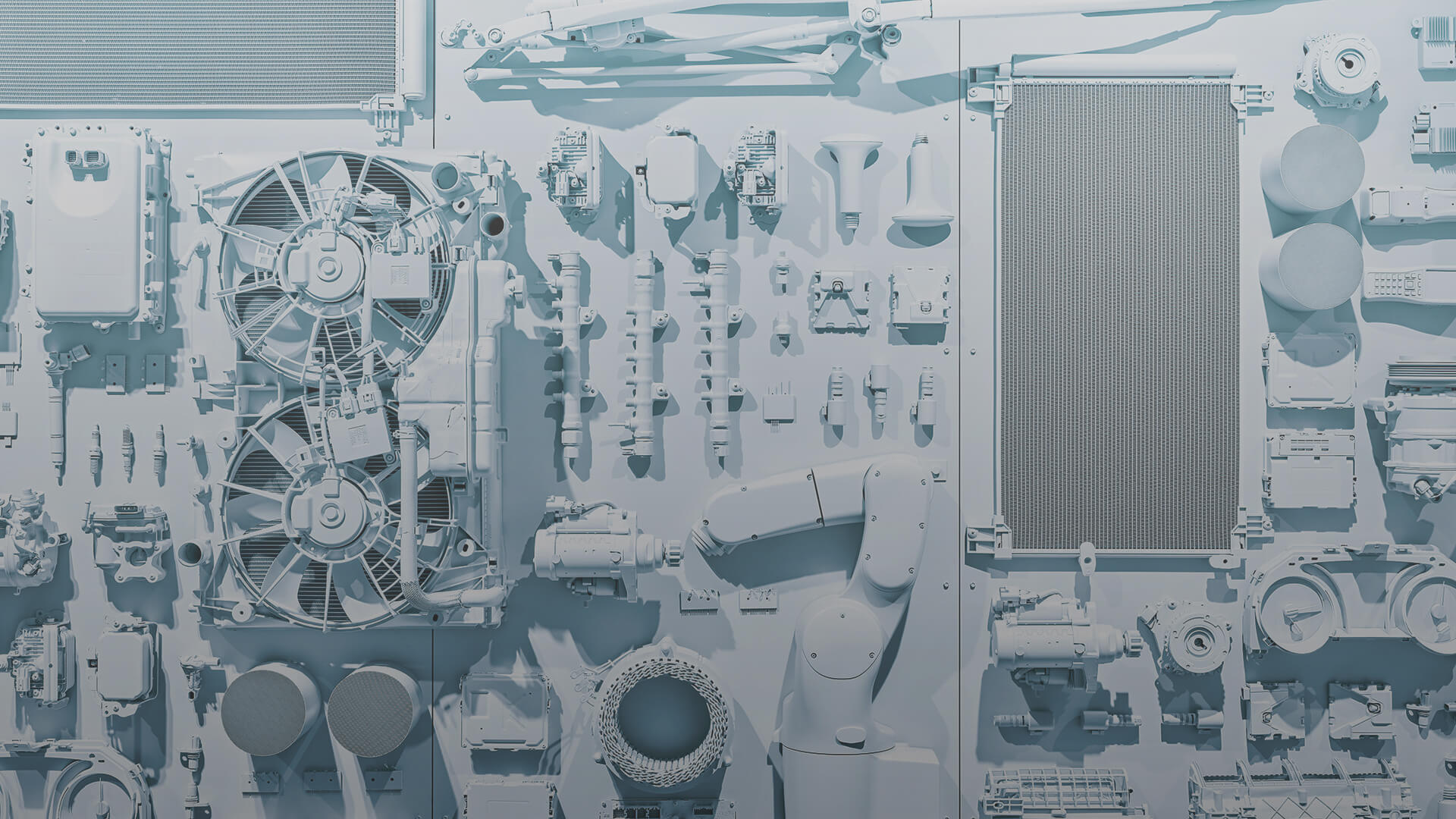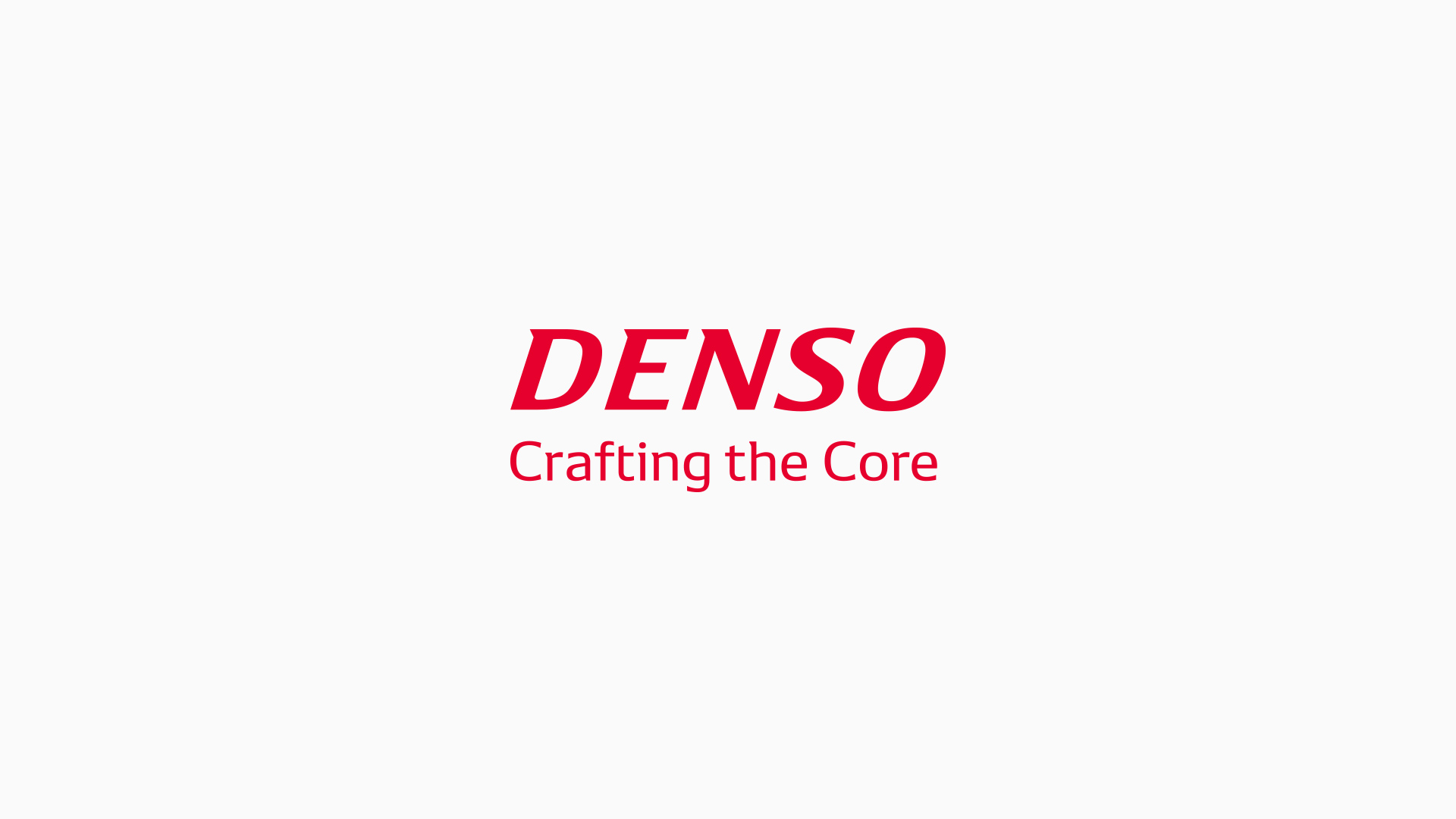DENSO Develops Four Low-cost Heat Exchangers for the Indian Automotive Market
Kariya (Japan) As part of its ongoing effort to develop low-cost products for emerging markets, DENSO Corporation has developed four heat exchangers for the Indian market. DENSO's new radiator, heater core, condenser and evaporator use common, locally sourced materials and are manufactured on a single production line, which helps to significantly reduce cost.
"While maintaining our DENSO quality, we've succeeded in substantially lowering the cost of these products by increasing our local procurement, and by using common materials to reduce the types of materials we use by more than 70 percent," said Akio Shikamura, senior executive director of DENSO's Thermal Systems Business Group. "We will share the newly developed cost-reduction techniques throughout the company to improve the competitiveness of our products worldwide."
When developing the new products, DENSO carefully assessed the needs of the Indian market to determine optimal specifications, while also using India's locally made and widely available materials. This increased local procurement, and increased the number of common materials and components for each product.
Conventionally, the company would have to manufacture each product on separate production lines. This new method has improved DENSO's manufacturing efficiency even at a small production quantity.
For example, DENSO made improvements to the forming machine, which allowed the company to combine the production of two different kinds of tubes using one single machine. Conventionally the two tubes; hollow tubes for radiators and heater cores, and pressure-resistant tubes with corrugated internal structure for evaporators and condensers, were produced using separate machines due to the difference in the tube's structure.
The four new heat exchangers are used in the Toyota Etios, which was released in December 2010. DENSO aims to deploy these products to other vehicles in India and other emerging markets.
About Heat exchanger
A heat exchanger is a device used to transfer heat between liquids and gases of different temperature and mainly consists of three parts: tubes through which cooling water or refrigerant flows, a tank that holds such fluid, and folded fins for heat exchange. Vehicles use various heat exchangers including a radiator to cool the engine coolant, a heater core to warm the cabin air, a condenser to cool the air conditioner refrigerant, and an evaporator to cool the cabin air. These heat exchangers significantly affect the fuel efficiency and efficiency of air conditioning system. DENSO strives to reduce their costs while improving performance.
About Heat exchanger fins and tubes


(left top)Radiator, (right top)Heater core,
(left bottom)Condenser, (right bottom) evaporator
DENSO Corporation, headquartered in Kariya, Aichi prefecture, Japan, is a leading global automotive supplier of advanced technology, systems and components in the areas of thermal, powertrain control, electric, electronics and information and safety.
Its customers include all the world's major carmakers. Worldwide, the company has more than 200 subsidiaries and affiliates in 34 countries and regions (including Japan) and employs approximately 120,000 people. Last fiscal year, DENSO spent 9.1 percent
of its global consolidated sales on research and development. DENSO common stock is traded on the Tokyo and Nagoya stock exchanges. For more information, go to www.denso.com, or visit our media website at
www.densomediacenter.com![]() .
.















